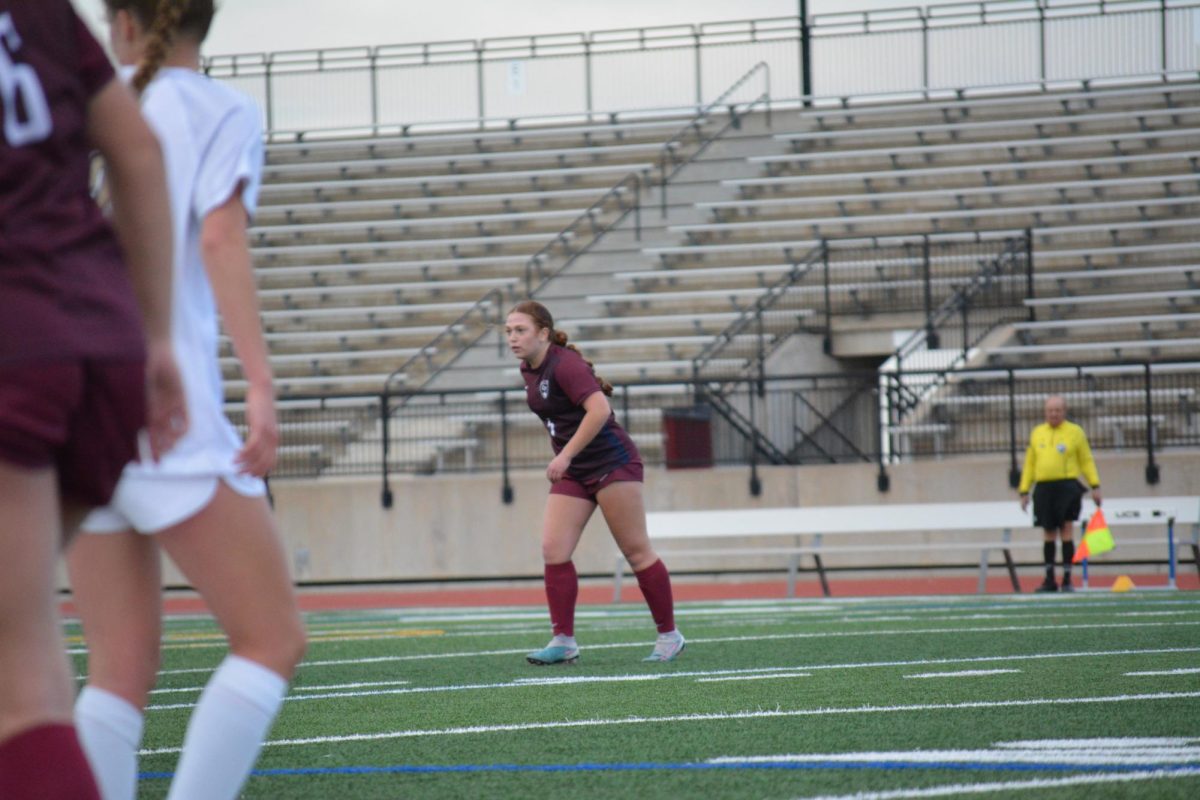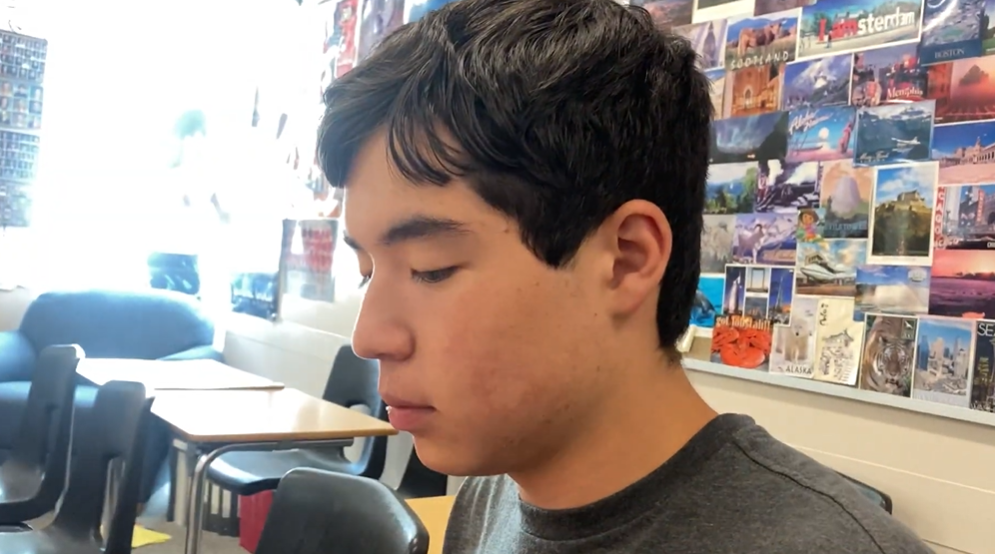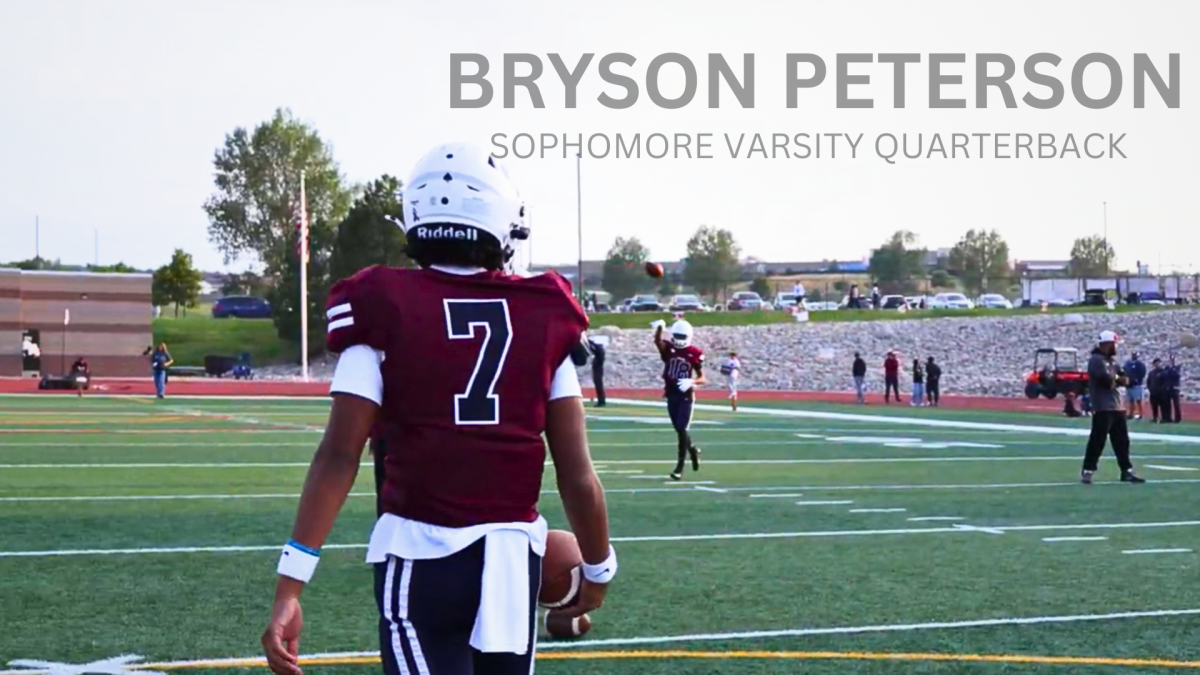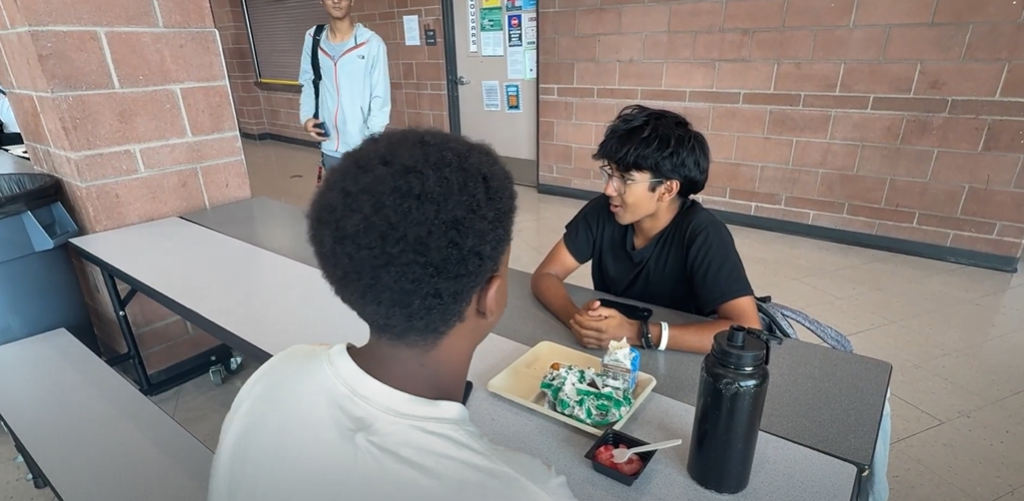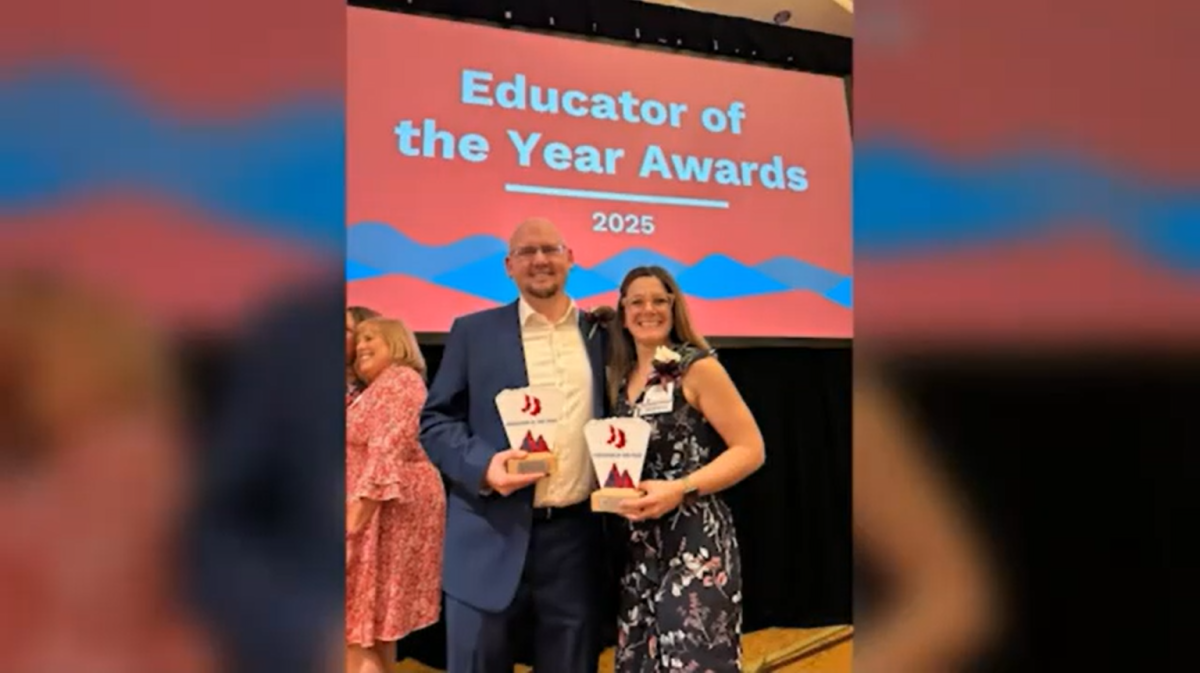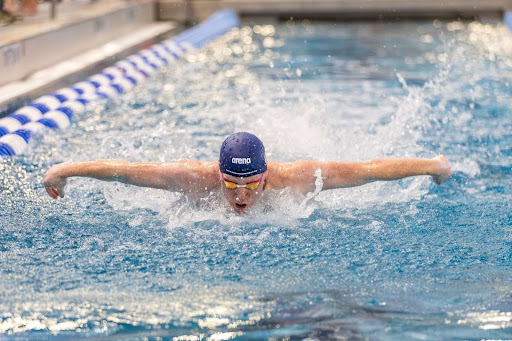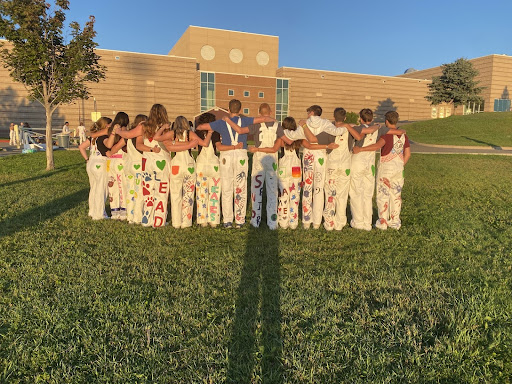Torn ACL, broken leg, sprained ankle. All injuries happen in a split second and can be easily fixed with a cast, and, in the worst case, surgery. But for Noorah Muzaffar, a cast will not help her injury—compartment syndrome. With less than 20,000 diagnoses a year, Muzaffar is one of a kind.
Compartment syndrome is a syndrome that increases pressure inside mussels, specifically the calf. Muzaffar described compartment syndrome as leading to “a loss of blood flow, [and] nerve damage.” said Muzaffar.
Muzaffar was diagnosed in November 2022; however, that’s not when the pain started. Muzaffar had been in and out of physical therapy and doctor’s appointments for three years before the diagnosis. “Some people thought it was IT band syndrome; well, some thought It was just tight calves. No one was sure what the pain was,” said Muzaffar.
Finally, the wait was over three years later when Muzaffar learned she had Exertional Compartment syndrome. This type of compartment syndrome was due to long durations of running. Being an elite soccer player, this diagnosis lined up perfectly for Muzaffar. The other type of compartment syndrome, developed compartment syndrome, comes from surgeries that do not heal correctly.
“About a year before my surgery and diagnosis, my legs started to get extremely hard and didn’t soften up,” said Muzaffar. This was due to the extreme blood pressure in her calves. This caused Muzaffar to be out of soccer until her surgery could come.
For Muzaffar, it could not come fast enough. Sitting eight months out of soccer was not easy for her. Being on a premier club team and varsity soccer, Muzaffar felt like a piece of her was missing. “It was really hard, especially missing high school season”, said Muzaffar, “It was really hard for me just to sit and watch people play.”
Finally, seven months after the surgery, Muzaffar was cleared to return to the field. With the future of Muzaffar’s injury still up in the air, whether she needs another surgery or not, Muzaffar believes that “Injuries make you stronger in the long run, So you need to keep your head up and know that your differences make you stronger.”

